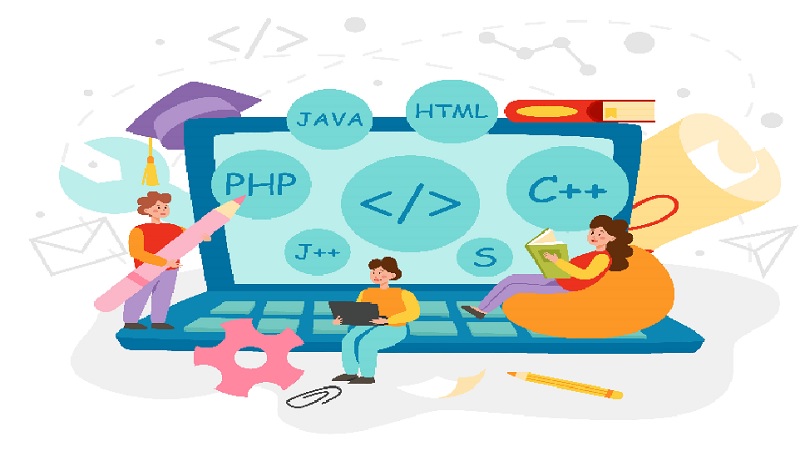Who Shouldn't Be a Programmer? Challenges on the Path to Becoming an Accomplished Developer

Who Shouldn’t Be a Programmer? Challenges on the Path to Becoming an Accomplished Developer
The role of a programmer (software developer, software engineer) offers promising compensation, yet it’s not a path for everyone. Before embarking on this journey, one must weigh the distinctive aspects of this profession, as it comes with both rewards and costs.
Embracing the Digital Canvas
Your computer becomes your canvas, and your brushes are lines of code. If you relish the prospect of working in front of one or more monitors, actively crafting software rather than passively surfing the internet or playing video games, you’re already aligned with a significant requirement.
Yet, if you’re drawn to movement and human interaction, alternative career paths abound, potentially even more suited to your inclinations.
Patience in Perseverance
Coding seldom succumbs to instant success. Programmers think, code, test, and refine repeatedly, often encountering setbacks. Emotions of frustration, helplessness, and mental fatigue frequently accompany daily work. Patience is not just a virtue; it’s a necessity. Without it, disillusionment may set in.
Constant Learning Curve
A programmer’s knowledge base is a perpetually evolving entity. Consulting documentation, exploring new technologies, and engaging in specialized forums are near-daily activities. Continuous accumulation of technical information and understanding software mechanics might prove monotonous if the field doesn’t ignite your passion.
Silent Labor
In essence, a programmer toils at a computer, crafting, debugging, testing, and refining code. These tasks comprise daily routine, punctuated by the occasional online meeting or pair programming session. If you’re an extroverted socialite, someone who thrives on communicating with a handful of people throughout the day, the solitary nature of this work might not resonate with you.
Uncertainty and Logical Quests
A programmer’s fundamental role involves devising logical solutions amidst a realm of uncertainty. This entails sustained mental concentration and information processing. If activities such as puzzles, intellectual contests, and logical challenges haven’t been your cup of tea, the mental exertion might become taxing. Many seasoned programmers have succumbed to the weight of this constant cognitive strain.
Anyone Can Begin, but Not All Will Thrive
Becoming a programmer is accessible, with modern technologies enabling a transition in a matter of months. Yet, it’s crucial to grasp that if routines, computer-centric work, and perpetual mental acuity aren’t to your liking, the role of a programmer might not be your destined path. The path can be arduous, with financial gains hard-won.
However, if the above portrayal doesn’t resonate with you, that doesn’t exclude the IT realm entirely. Alternative “non-programmer” roles will be discussed in a forthcoming article.

